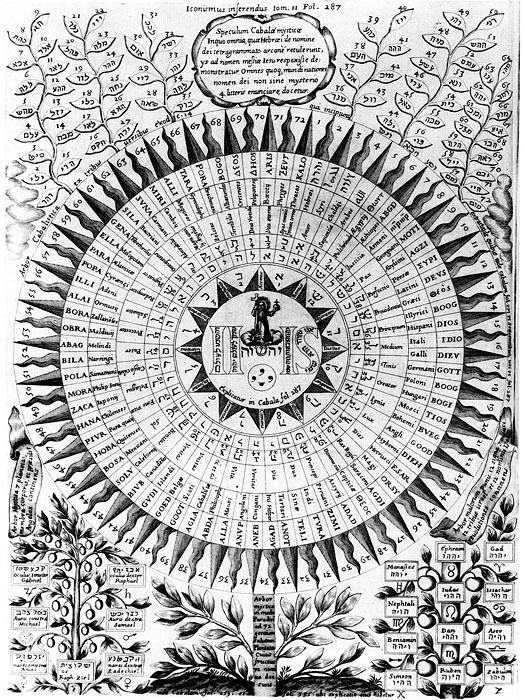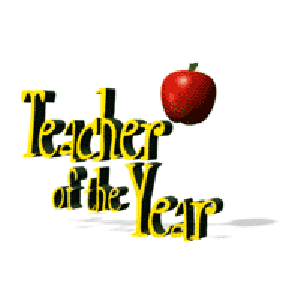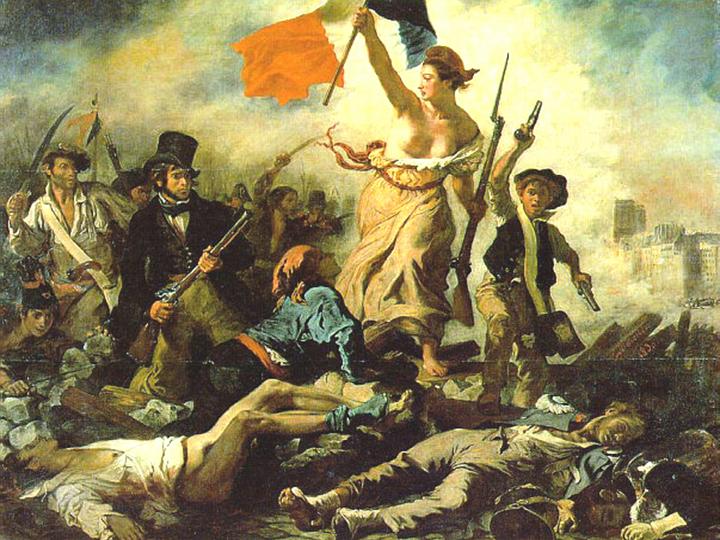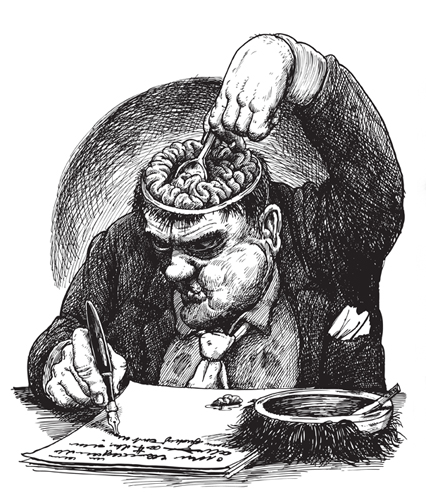
In relation to the Adamson/Chrusch dialogue about ways that cognitive science, logic, and other disciplines might contribute to our understanding of Frye, it might be useful to reverse the context of the issue of dependency and consider the ways that Frye has contributed to thinking in other disciplines. The most extended commentaries on Frye’s work are naturally within the field of literary criticism, but Frye was an interdisciplinarian, writing on numerous issues outside of literature –– social, political, psychological, historical, philosophical, religious, linguistic, legal, and educational. He wrote about music, the fine arts, sacred texts, ballet, film, advertising and propaganda, the church, folklore, Canadian culture, comparative anthropology, humor, Utopias, student protest movements, the humanities, and numerous other nonliterary topics. Frye was, of course, a polymath, and like other instances of the homo universalis, his ideas, especially those that form his literary theory, continue to spill over into other disciplines, affecting them in substantive ways. His ideas have been applied by philosophers, historians, geographers, anthropologists, political scientists, and by writers in the fields of advertising, marketing, communication studies, nursing, political economy, legal theory, organization science, social psychology, and consumer research. The contribution to other disciplines is one measure of the substance of a writer’s thought. One thinks of the way Chomsky’s work has influenced, even developed, other fields of inquiry. The following survey, which does not include the books and essays by scores of biblical critics and educational theorists who have drawn on Frye’s work, is a preliminary record of the dialogue between Frye’s criticism and other disciplines. Interestingly, the debts to Frye come not so much from his writings about nonliterary topics: they derive, with a handful of exceptions, from the principles set down in Anatomy of Criticism.





